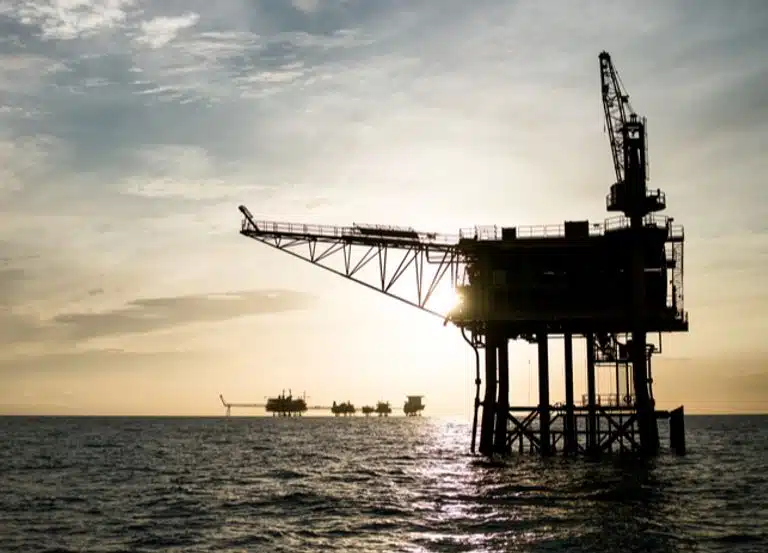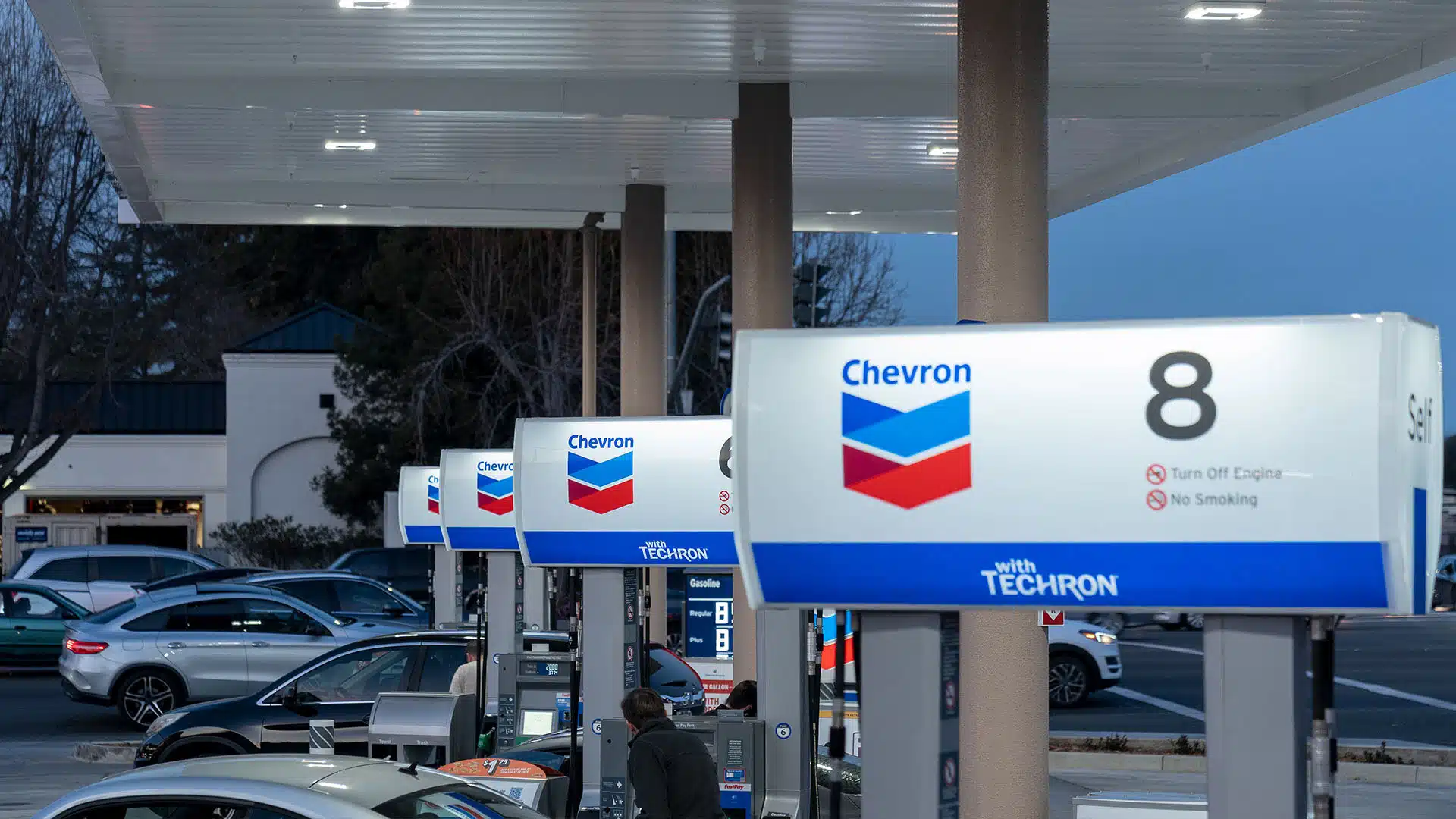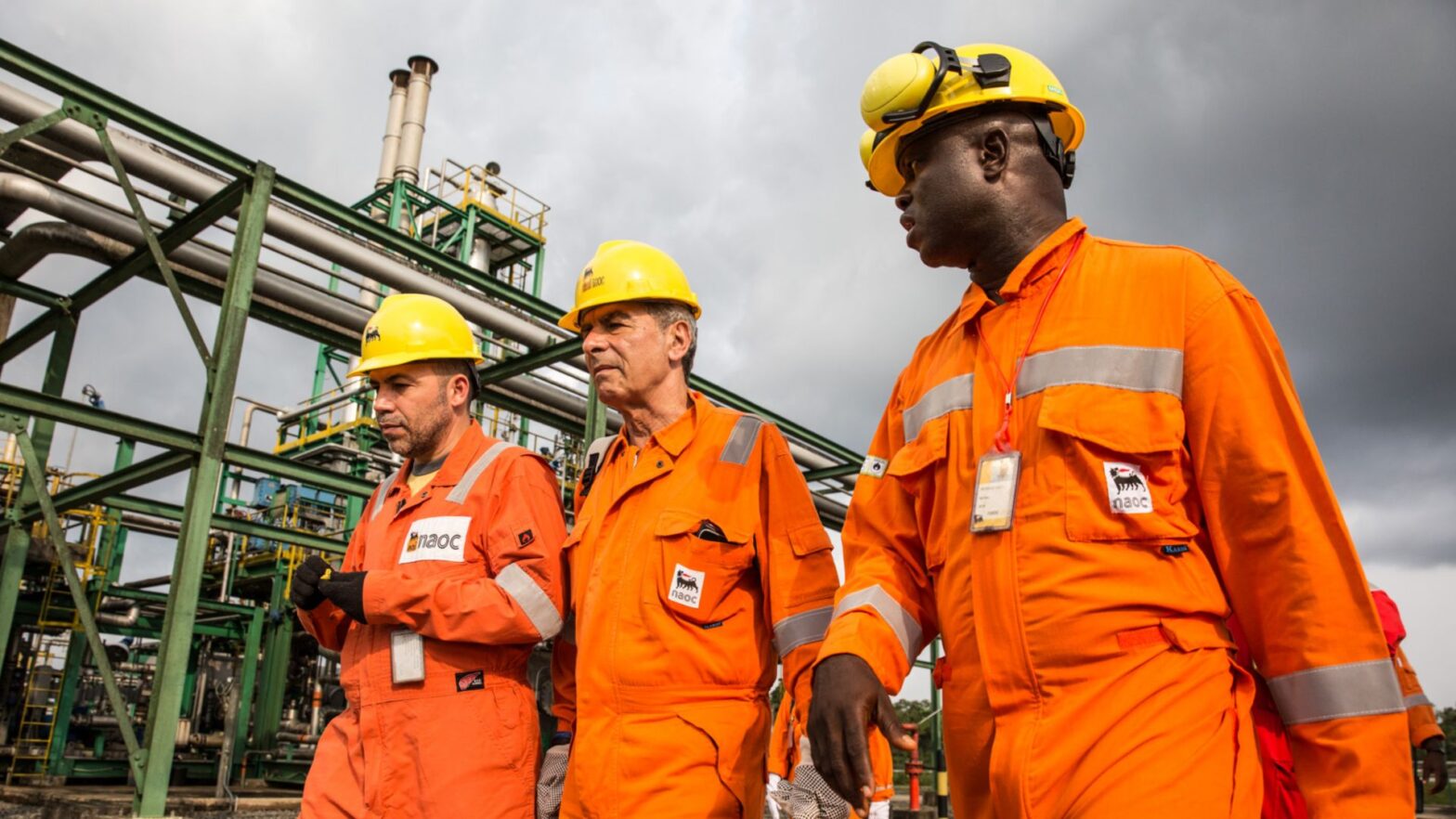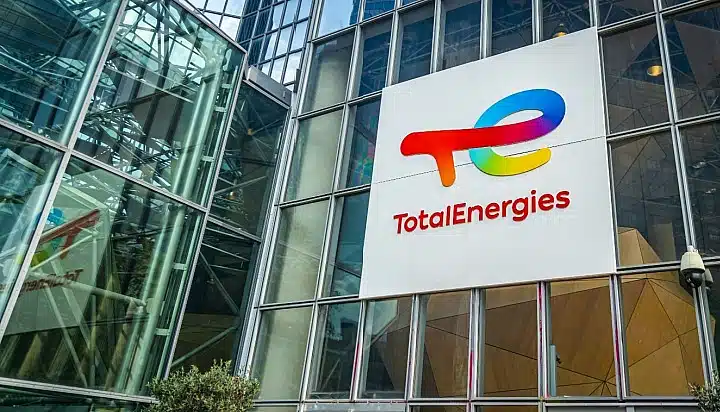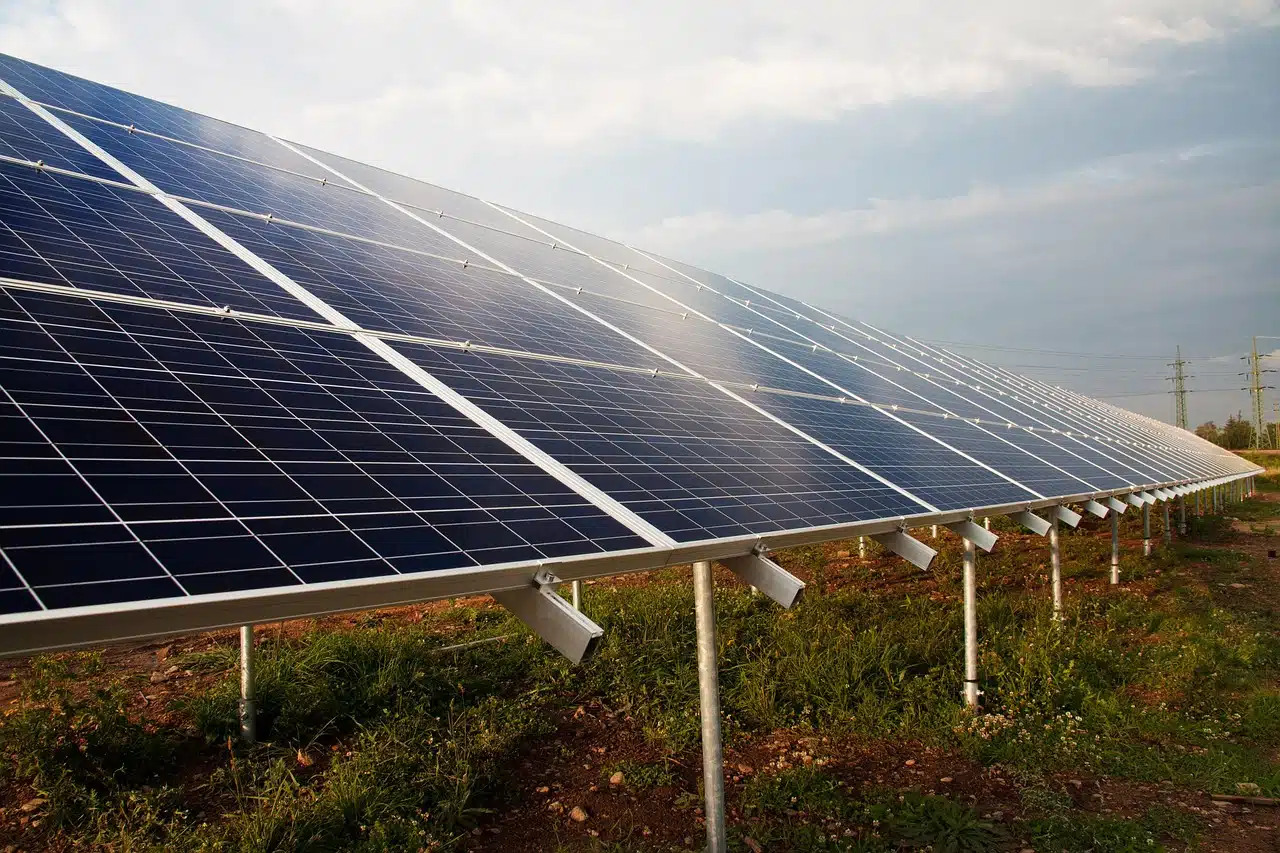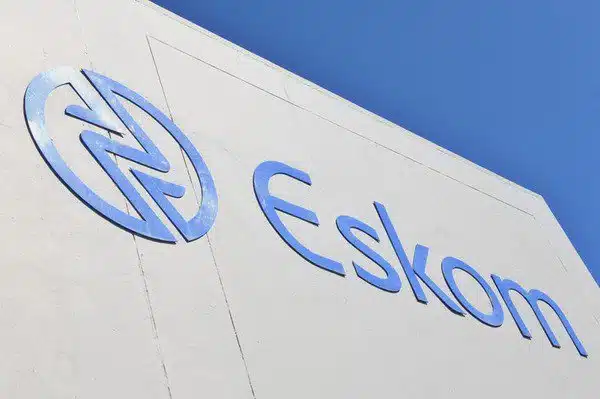Lime Petroleum, a Norwegian subsidiary of Singapore’s Rex International, has entered into a contract with Borr Gerd Limited, an affiliate of Borr Drilling, to deploy the modern jack-up rig, Borr Gerd, for a 120-day drilling campaign at the Sèmè oilfield offshore Benin.
Akrake Petroleum Benin, a wholly-owned subsidiary of Lime Petroleum, serves as the operator of the Sèmè field, holding approximately 76% working interest.
The remaining stakes in the Sèmè field—popularly known as Block 1—are held by the government of Benin (15%) and Octogone Trading (9%).
Akrake plans to submit a field development plan to Benin’s Ministry of Energy, Water, and Mines, aiming to restart production in the latter half of 2025.
Discovered in 1969 by Union Oil and later developed by Norway’s Saga Petroleum, the Sèmè field produced around 22 million barrels of oil between 1982 and 1998 before ceasing operations due to low oil prices.
Akrake Petroleum secured a production-sharing contract for the field in late 2023.
The Borr Gerd jack-up rig, built in 2018, is designed to operate in water depths up to 400 feet and can drill to a maximum depth of 30,000 feet.
It is expected to commence operations at the Sèmè field in June 2025, following its current assignment with Eni offshore Congo, which began in December 2024 and is scheduled to conclude in May 2025.
The redevelopment strategy includes a phased approach, utilizing horizontal wells and modern completion technologies to enhance oil recovery and manage water production effectively.
The initial phase involves drilling a vertical exploration and appraisal well, followed by horizontal wells targeting previously productive reservoirs.
This remarkable project forms part of Benin’s broader strategy to revitalise its upstream oil and gas sector, with the goal of strengthening energy security and reducing reliance on energy imports.
Prior to this development, the West African nation had already begun taking steps to revive its oil exploration and production activities.
The aim is to unlock additional hydrocarbon resources and curb its dependence on fuel imports from neighbouring countries like Ghana and Ivory Coast.
Historically, Benin—alongside Niger—served as a key route for fuel smuggling from Nigeria during the era of petrol subsidies, further highlighting the need for domestic energy independence.
Benin is also one of the 18 member states of the African Petroleum Producers’ Organization (APPO).
The country has pledged $83 million towards the establishment of the African Energy Bank, joining other contributors such as Ivory Coast and Equatorial Guinea in this landmark pan-African energy financing initiative.

